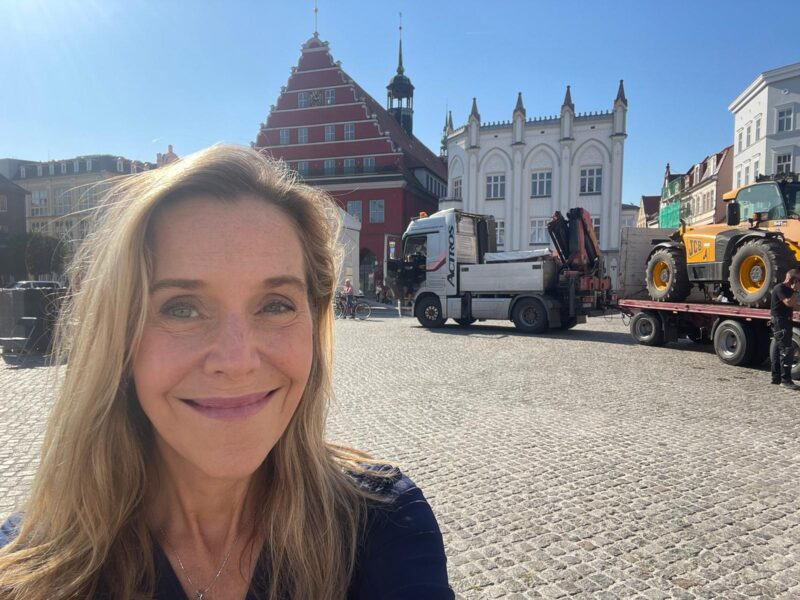NEW PHONE NUMBER 517-258-0038 | To care for UCC clergy and churches in Michigan.
NEW PHONE NUMBER 517-258-0038 | To care for UCC clergy and churches in Michigan.
Sep 26, 2024

I am writing to you from a high speed train in Germany after visiting the Michigan Conference’s partner church in Northern Pomerania, because in my first year in this job, I promised someone I would do it. I remember hearing about how our Michigan church members poured decades into a partnership, with musical and youth exchanges, but like so many things in life, it had languished in recent years. They were tired but they didn’t want the program to die and by the end of our conversation, I didn’t either.
Besides, I also knew I could use the education. You see, in my thirty years of parish ministry, all four of the historic churches I have served were born of the Congregational tradition, which is only one of the five streams that make up our denomination (Congregational, Christian, Afro-Christian and the two German streams Evangelical and Reform.) So I know the stream that came from the pilgrims in England, but as I visit our UCC churches in Michigan, about half have their historic roots in Germany, with names like “Salem,” “Bethlehem,” and “Saint Paul’s,” started by farmers who may have first worshipped in a humble cabin. Their beautiful larger sanctuaries were built later by the next generation of woodworkers and bricklayers, extended families who came here to make a new life. Many of our churches held German language worship services until World War II made that untenable. The suspicion and prejudice they received as German immigrants, even those who had been here for generations, caused many to switch to English only, and to place an American flag in the sanctuary as a sign of their loyalty to the place that was now their homeland. These are the stories I have learned in my visits in Michigan, and they made me long to learn the story behind that story in the land in which it began.
Sign up to receive our newsletter.